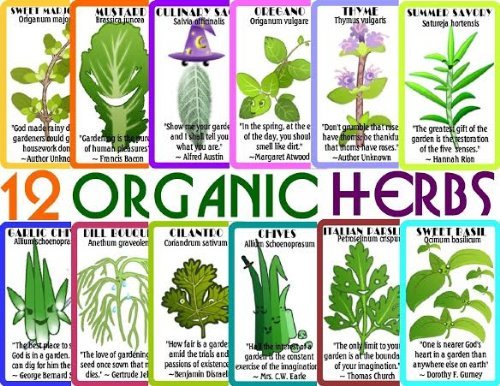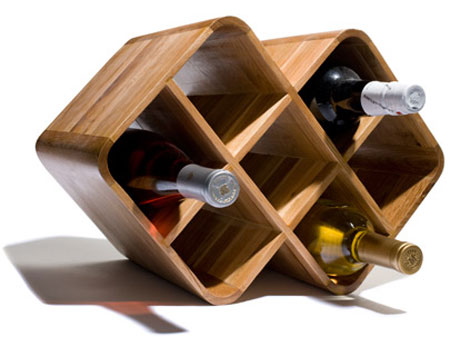If you want to know about organic garden seeds and plants you’re not alone – many people now look to avoid the chemical pesticides, the growth hormones and chemical fertilizers that are to be found in most produce today. So whether you’re a beginner or have had some experience with growing your own plants in your own garden, here are some pointers about organic gardening, seeds and plants that may help.
1. Pick your spot
Any sheltered patch in your yard that receives several hours of sunlight a day will be suitable for your organic garden. Most things grow really well in containers so even a window that receives sunlight can support a small organic garden. Inform yourself about the requirements of each plant – how much sunlight, how much water and type of soil – to increase your chances at success.
2. Use mulch
This is natural organic material that is good for organic gardens for several reasons. It forms a layer over the soil to keep it moist, and also acts as a natural weed deterrent. It also adds nutrients to the soil and acts as humus.
3. Do your Composting
Doing your own composting means that you have natural, organic fertilizer on tap for your organic garden. Also you get rid of your own garbage in the most earth friendly way possible.
4. Weed out
Be vigilant about the weeds; they can choke your organic garden. Cut them and pull them out regularly and use natural herbicides such as vinegar to keep their population down.
5. Cultivate native plants
Native plants are not only well adapted to the climate of the place you’re located at, they have also developed better resistance to local disease, harmful insects and bacteria.
6. Pick disease and pest resistant varieties
If its tomatoes you plan to grow, ask about organic varieties that are able to withstand local pests and diseases well. The same is true for any veggies or herbs that you want to grow – make an informed choice.
7. Edge your beds
Demarcating your beds from the lawn or other part of the garden will help in several ways. It helps to landscape and beautify the garden, creating a sense of orderliness. It also keeps the grassy weeds out of the beds.
8. Water wisely
Sprinkle, don’t soak. Try to use drip irrigation at times of the day when evaporation is less to conserve water.
9. Know your fauna
Many insects and worms are helpful because they turn the soil. Insects help with pollination. Birds and frogs are also very beneficial for your garden. Don’t assume that all the little critters are pests. Guard only against the really pernicious ones.
10. Get into the gardening habit
Garden regularly and get into the habit. Growing things calms and de-stresses you – Oh and in also gives you fresh organic produce to eat!




